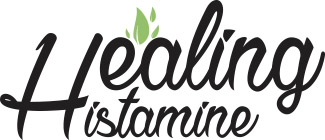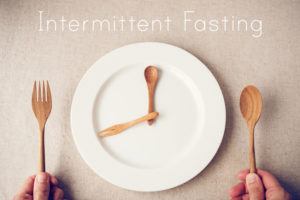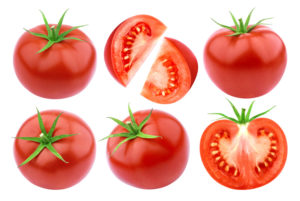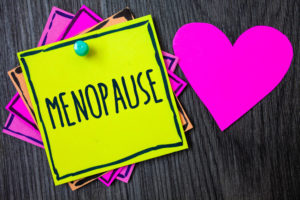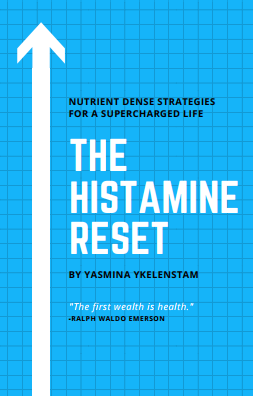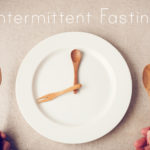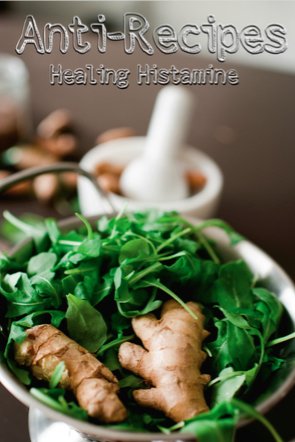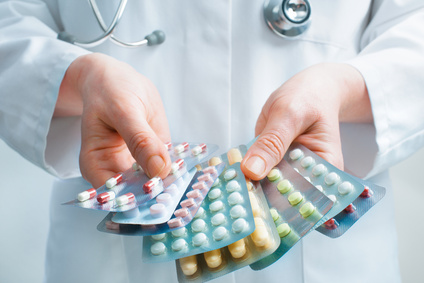
For many the diagnosis of histamine intolerance or mast cell activation will come after decades of mis-diagnosis. Some of us will have been told it’s psychosomatic and prescribed antidepressants, benzodiazepines and sleeping pills, while others may have been told their severe gastrointestinal issues are caused by stomach bacteria, or chronic stuffed nose and frequent flu-like events caused by sinus/staph infection, or that their urinary burning and frequency is caused by a UTI and prescribed interminable courses of antibiotics.
I was told I had all of these and prescribed antibiotics, even when bacterial cultures came back negative.
What I wasn’t told is that many antibiotics exert an anti-inflammatory effect on the body, independently of their activity as an antibiotic [1].
As an example: let’s break down how this information could have prevented my being prescribed a daily dose of the antibiotic Macrobid (Nitrofurantoin), for a chronic, but non-existent urinary tract infection that I now know was most likely caused by excess mast cells in my bladder [2] or a sensitivity to oxalic acid [3].
I was never diagnosed with the latter, but moderating my intake of high oxalate foods like almonds, kale, cacao and sweet potato totally cleared up my life-long UTI-like issues in a matter of months, without any medication. I first discovered the link thanks to a wonderful gynaecologist in Cairo, Egypt, who treated me for persistent lady part inflammation and UTI. Unlike US doctors, he refused to prescribe the antibiotics without a positive culture. In Egypt. Go figure. I’m not saying the Middle East is more advanced than the states, just that I lucked out that day.
A number of studies [4] in the last decade have shown that several classes of antibiotics, including macrolides, tetracyclines and beta-lactams may change the inflammatory response, by changing inflammatory cell metabolism, altering cytokines and other chemicals that stimulate and help maintain inflammation, and just generally exerting an anti-inflammatory effect independent of their activity as antibacterials.
Macrolides include Azithromycin and Erythromycin, both of which I have been prescribed repeatedly throughout my life for chronic (misdiagnosed) “sinus” infections, bronchitis and skin complaints (which turned out to be histamine-related also).
You can find a full list of antibiotic families in the references section below.
You’ll find recipes full of foods with antihistamine and anti-inflammatory properties my books Anti-Recipes and The Anti-Cookbook
CLICK HERE TO CREATE YOUR OWN PERSONALISED HEALING HISTAMINE PLAN.
Though the University of Maryland medical website (my go to for most things) and others tell us that though most chronic sinus infections are caused by viruses that don’t respond to antibiotics, some more serious bacterial infections may require antibiotics. They go on to say that a positive culture is the golden standard for diagnosis before prescribing them [5].
Here’s the thing: you go to the doctor with what looks like a sinus infection. Most docs operate on a 15 minute appointment basis. I’m not criticising here, just an observation of common practice. Swabbing you and sending the sample to be cultured in a lab is more time consuming and costly than just grabbing the prescription pad.
But I’m not blameless in this transaction. Forearmed with previous diagnoses of chronic sinus infection, I would just tell docs that previous docs had prescribed what and demand antibiotics so I could get back to work.
The confusing thing for myself and the doctors was that my symptoms would resolve for the duration of the treatment, with things kicking off the moment I came off them.
Given that ALL of my symptoms turned out to be related to an inflammatory medical condition, or two, of histamine intolerance and may cell activation, it now makes perfect sense to me.
The antibiotics, despite having no actual bacteria to fight, were acting as anti-inflammatories, which was at times (temporarily) lowering my inflammation to the point that I would feel better. After the treatment period, as the inflammation would rise again, I’d feel worse and go back for either more of the same, or a new class of antibiotics. The fact I had experienced some remission of symptoms was seen as proof that it was indeed the right approach and that we just needed to fine tune the treatment.
In the case of the non-existent UTI, the first round of antibiotics cleared it up, only for it to return a month later. Culture came back negative, but I was prescribed another round just in case some bacteria lingered. Felt better for a few weeks, came back next month with same complaint. Was put on a different antibiotic and felt relief. Back next month, same story, till the doctor decided the best approach was to keep me on a “maintenance” dose of antibiotics long term. This meant a few years. I believe that my actual issue was something else (mast cells/oxalates) and that the antibiotics acted as anti-inflamamtories while in treatment. Eventually though the maintenance dose was no longer enough and I was in agony for years again till I realised that my bladder would always hurt about five to 10 days after a long bout of stomach bloating. If the bloating lasted less than five days, no bladder pain. I then surmised that whatever was bloating my stomach was then causing inflammation to spread from there to my urinary tract system.
I was right.
I spent so long barking up the wrong tree and taking antibiotics that block the histamine-lowering DAO enzyme (you’ll find a link to a full list in the references below) that I truly broke my body even more than it was.
It was only in 2003 (aged 28), after decades of chronic antibiotic prescription and repeated candida infections thanks to them, a doctor proposed to me that it was an allergic reaction of some type. I was given zyrtek, a steroid nasal spray and pseudo ephedrine rather than antibiotics.
I’m forever grateful to that doctor at London’s Portland Hospital for pointing me in the right direction, because it was the very first time since my mother believed she had worked out ketchup caused my hives (despite repeated yearly negative IgE results), that I had any inkling that histamine might be involved.
I then spent the next few years on a combination of antihistamines, pseudo ephedrines, nasal sprays, in addition to antibiotics for other ailments. But it was a step in the right direction.
Links to a few of the studies detailing how antibiotics exert an anti-inflammatory effect are in the references section below in case you want to print them off for your doctor.
Please understand, I am not suggesting we shouldn’t take antibiotics, I am simply highlighting something your doctor might not be aware of. Like my doctors and myself yours may believe your positive response to antibiotic treatment means they’re on the right track, or they may be ruling out histamine intolerance or mast cell disorder based on it.
You’ll find recipes full of foods with antihistamine and anti-inflammatory properties my books Anti-Recipes and The Anti-Cookbook
CLICK HERE TO CREATE YOUR OWN PERSONALISED HEALING HISTAMINE PLAN.
———————— REFERENCES ———————
[1] http://www.livestrong.com/article/537182-why-do-antibiotics-help-with-inflammation/
[2] https://healinghistamine.com/histamines-role-in-chronic-urinary-tract-infections-or-intersitial-cystitis/
[3] https://healinghistamine.com/low-oxalate-low-histamine-diet-the-missing-link/
[4]
http://www.ncbi.nlm.nih.gov/pmc/articles/PMC2801304/http://www.ncbi.nlm.nih.gov/pubmed/12054075
[5] https://umm.edu/health/medical/reports/articles/sinusitis
Antibiotic families
DAO blocking and histamine releasing meditations
http://www.histaminintoleranz.ch/en/therapy_medicaments.html
